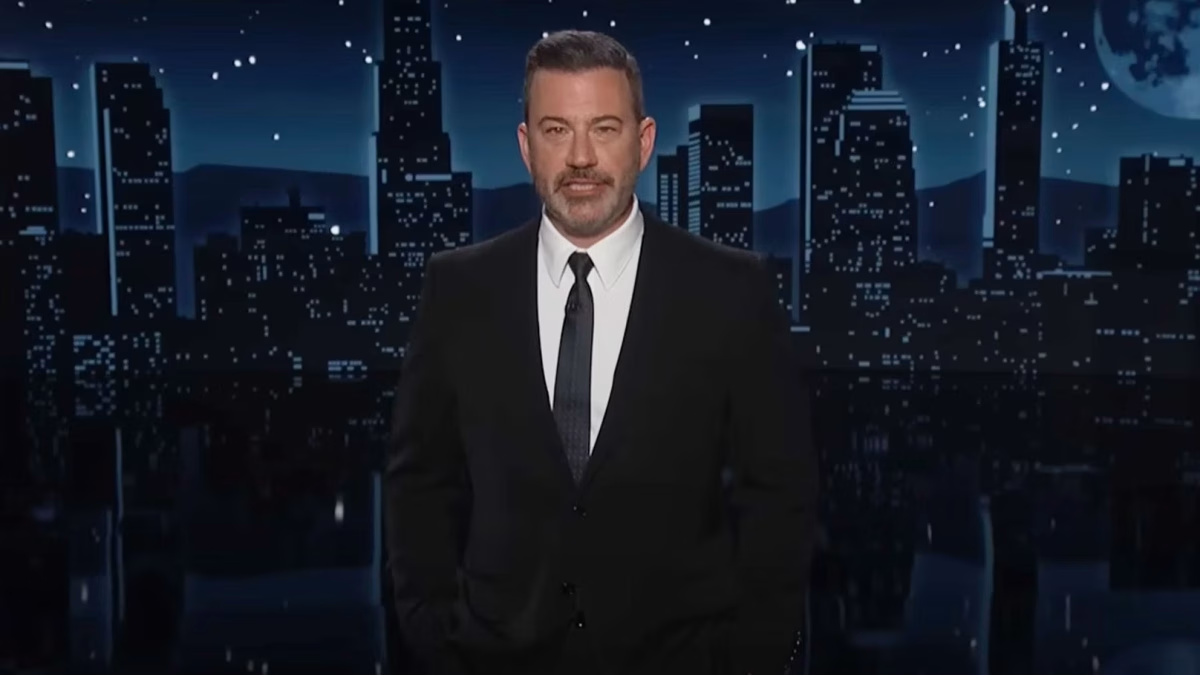Iranian President Ebrahim Raisi died in a helicopter crash on May 19 in northwestern Iran. The accident also resulted in the death of his foreign minister Hossein Amir-Abdollahian and seven other officials.
The helicopter crashed under bad weather conditions around a mountainous area, with heavy fog in the region having hindered further investigation efforts and rescue operations until the next day. On May 20, the wreckage was found along with eight bodies on board.
While Raisi’s death isn’t likely to cause any significant changes within Iran’s politics— the majority of the country’s power is concentrated in the hands of the ayatollahs—Raisi was still the face representing Iran on the international stage. Perhaps more importantly, however, Raisi was the leading potential successor to 85-year old Ayatollah Ali Hosseini Khamenei as the next Supreme Leader of Iran. With the unexpected incident, the question of who to succeed Khamenei next is raised. Now, it is speculated that Mojitaba Khamenei, son of Ali Khamenei, is the likely next-in-line candidate.
According to The Telegraph, Mohammad Javad Zarif, a former foreign minister of Iran, blames the United States’ aviation sanctions on Iran as being responsible for the helicopter crash. Since the Islamic Revolution in 1979, U.S. policies have helped to bar Iran from buying Western aircraft and parts. Many onlookers from Iran have suggested that these sanctions have caused Iran’s aviation industry to decline. The U.S. has since dismissed these allegations, arguing that Iran could’ve easily made purchases from Russia instead, which currently has no sanctions against Iran.
The U.S. gave a formal response to Raisi’s death at a press briefing on May 20, as stated by The New York Times. “We have been quite clear that Ebrahim Raisi was a brutal participant in the repression of the Iranian people for nearly four decades,” State Department spokesman Matthew Miller said. “That said, we regret any loss of life, and don’t want to see anyone die in a helicopter crash.”
As for the U.S.’s official statement on policies to come regarding Iran, White House national security spokesman John Kirby stated that the U.S. “[doesn’t] anticipate any change in Iranian behavior, and therefore, the Iranians should not expect any change in American behavior when it comes to holding them accountable.”
In the meantime, Khamenei has announced to Iranians that “there would be no disruption to the operations of the country.” Additionally, Mohammad Mokhber, the vice president of Iran under Raisi, has stepped up as acting president in the interim. Iran is to hold presidential elections in the coming 50 days.














































































































































